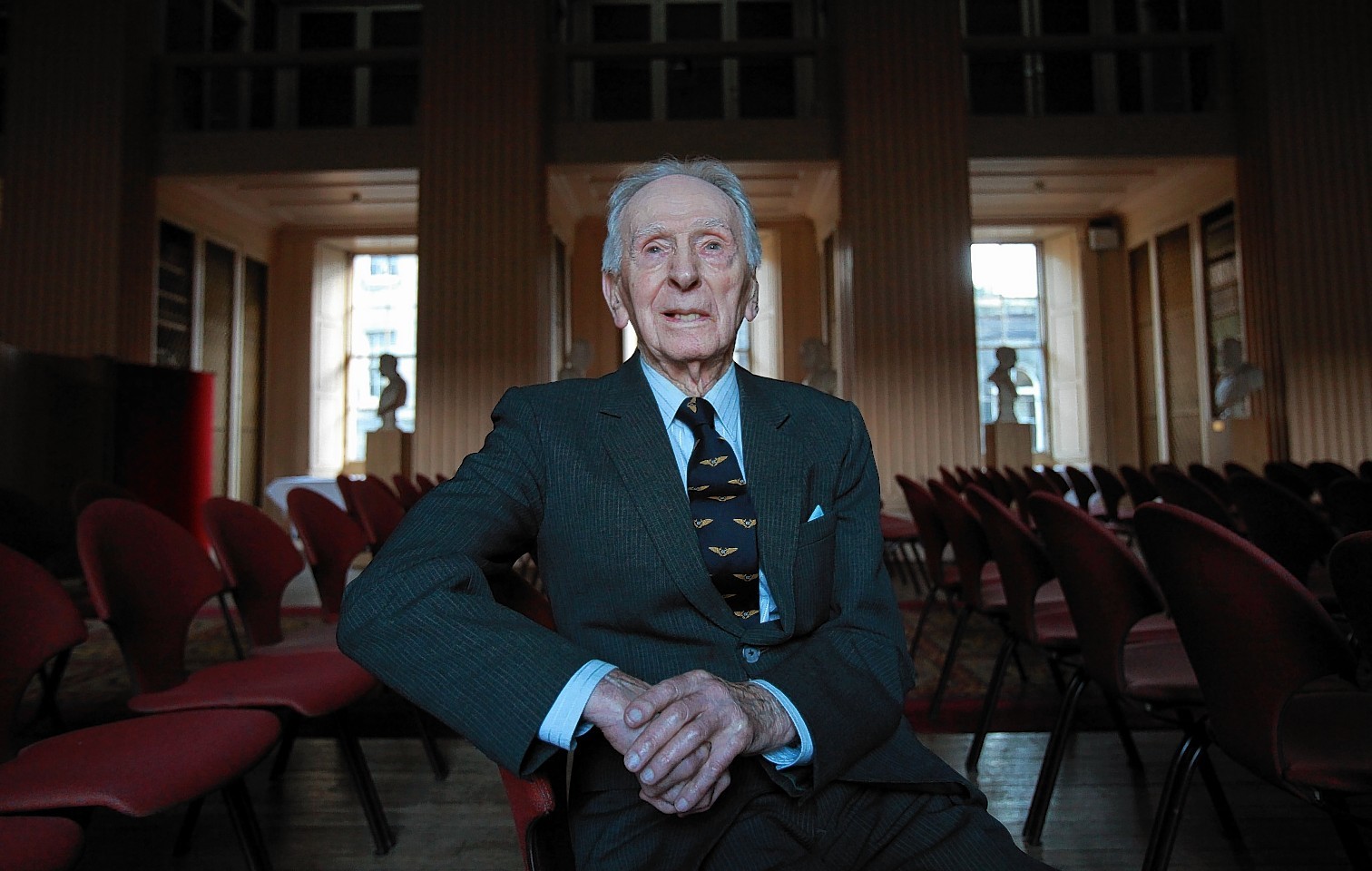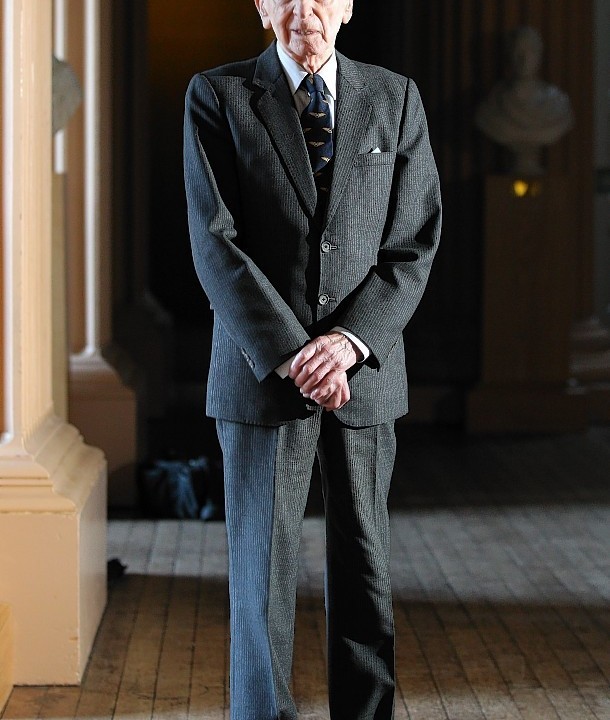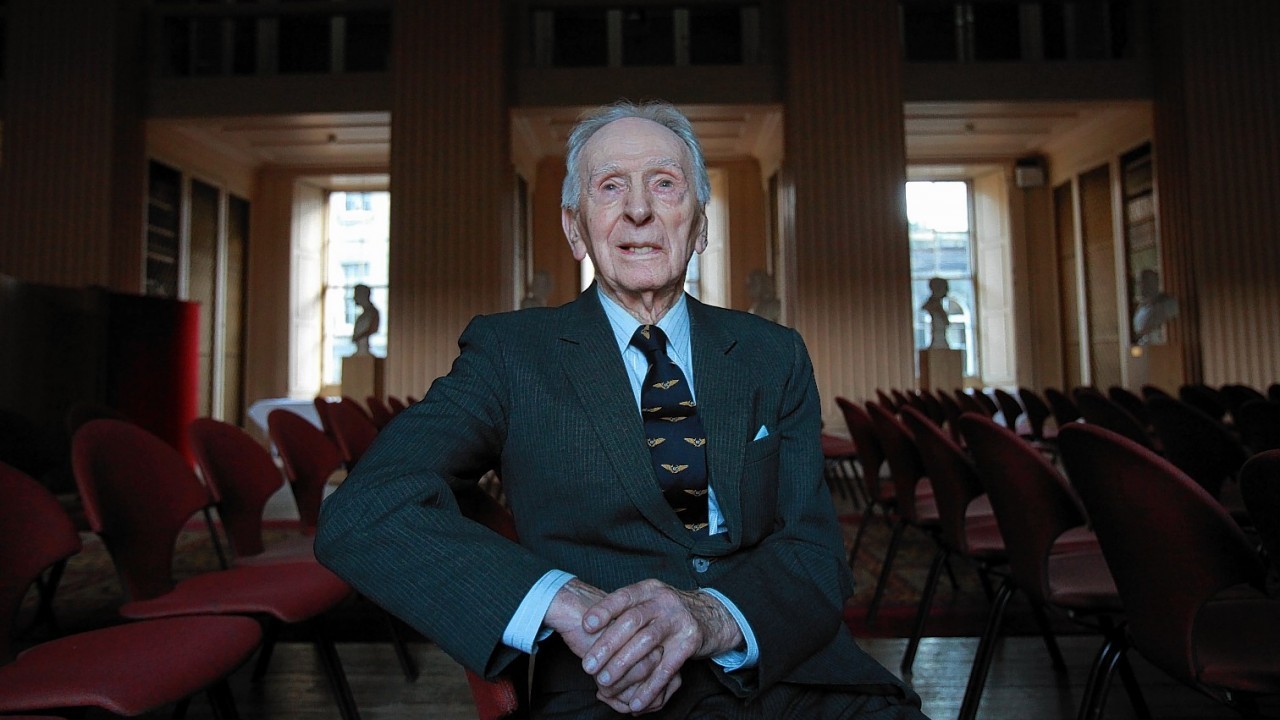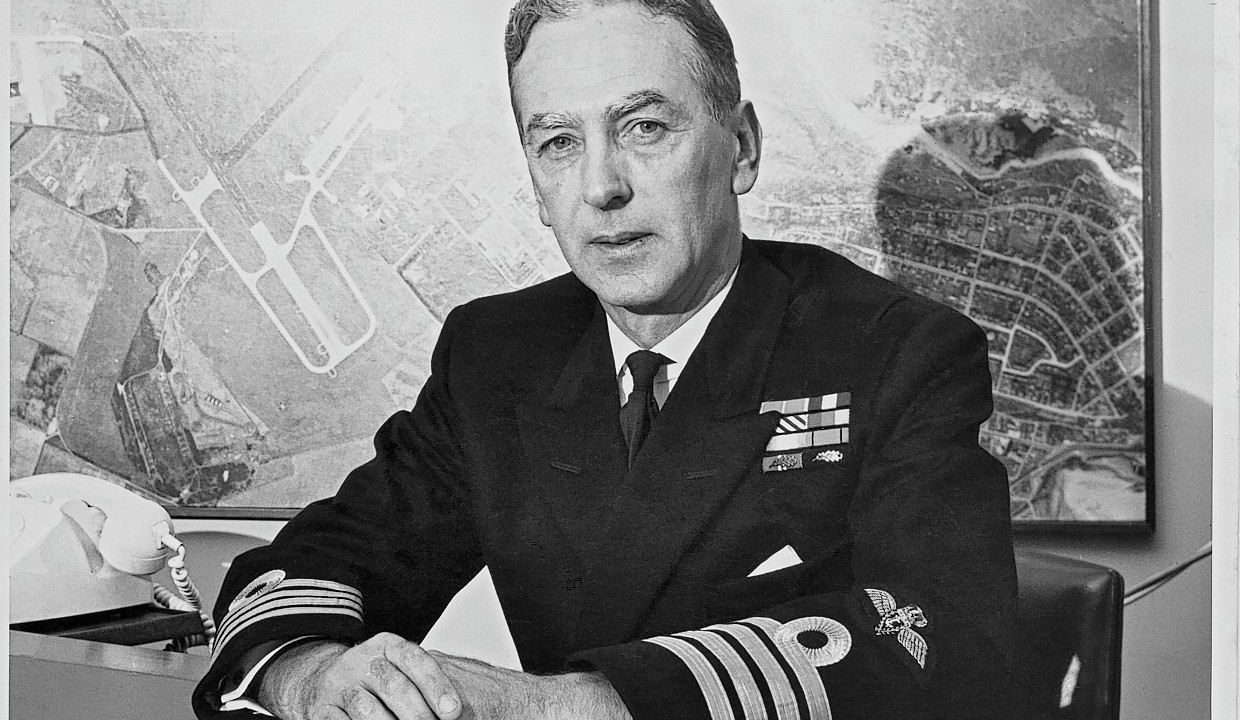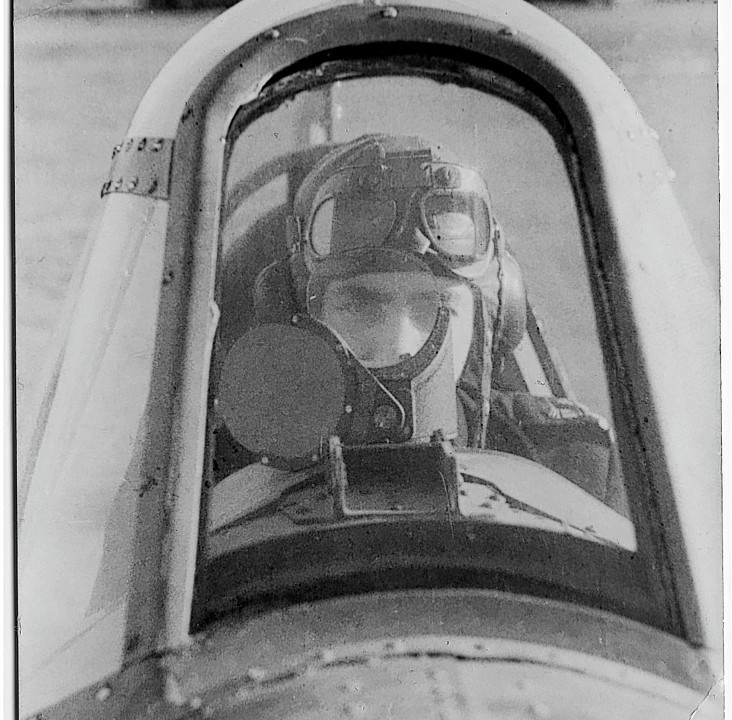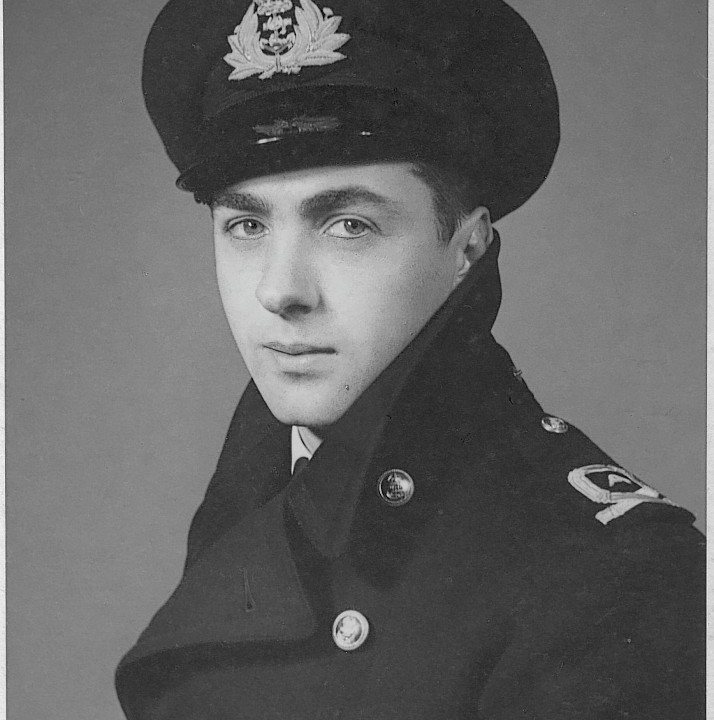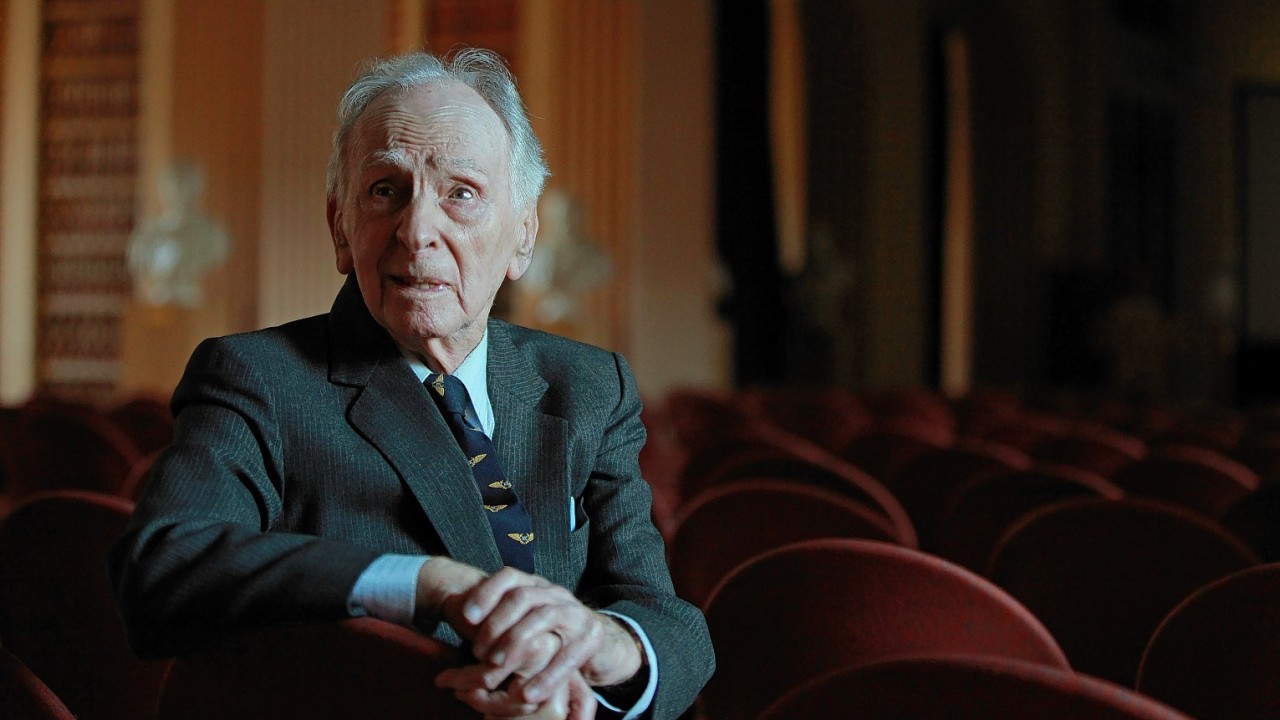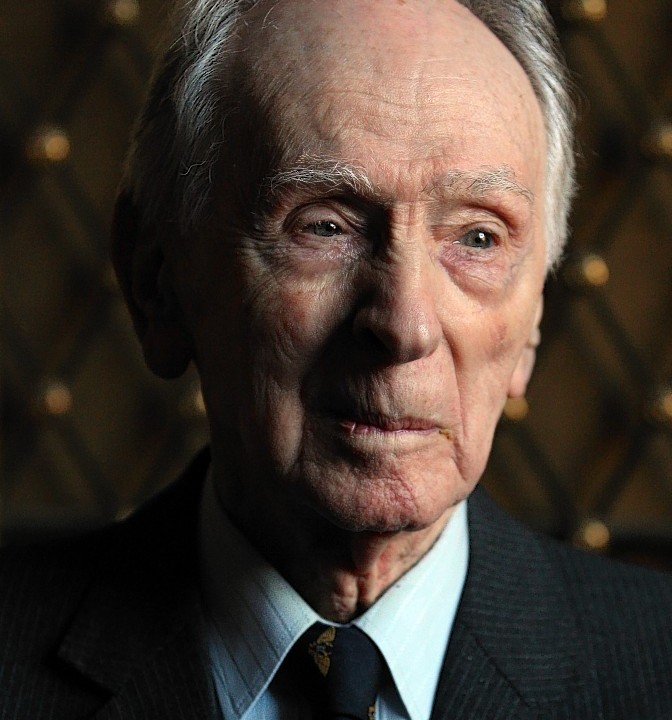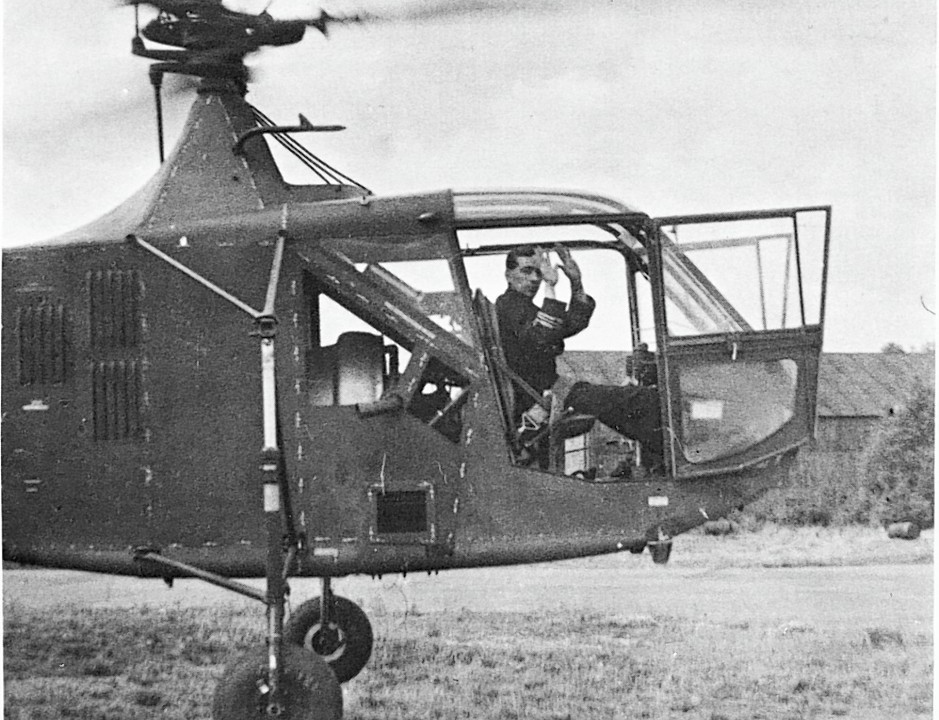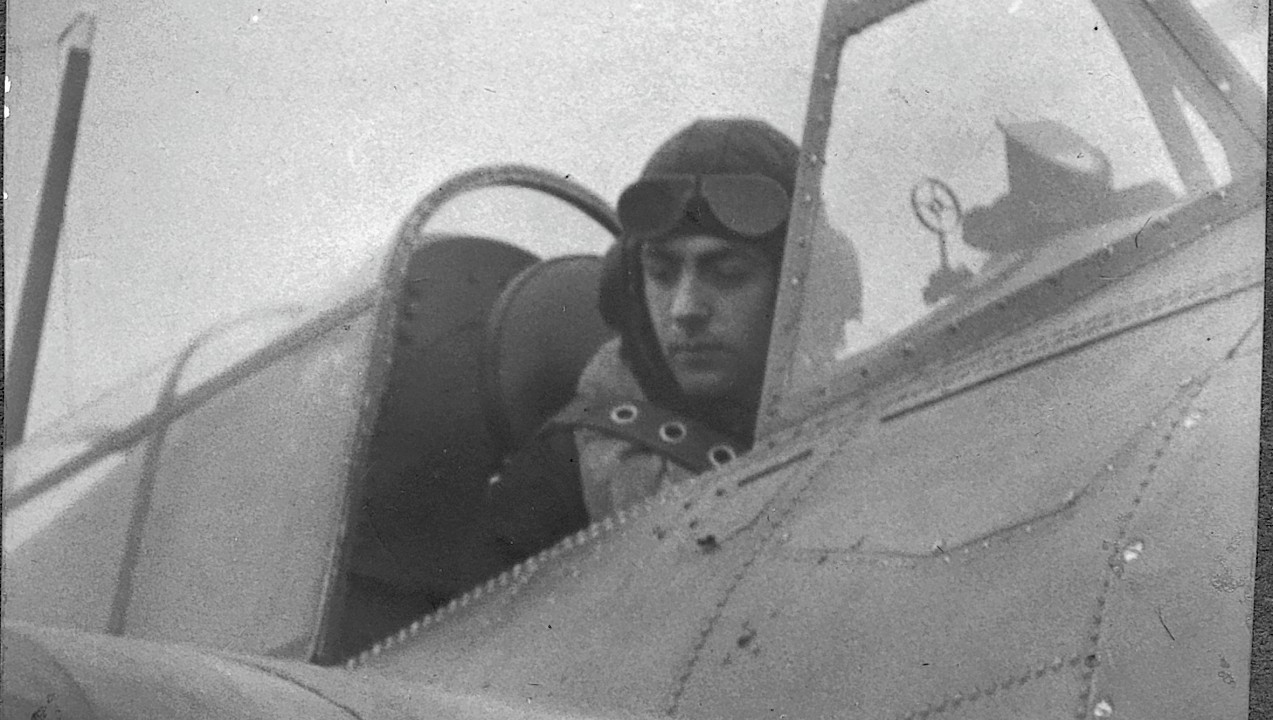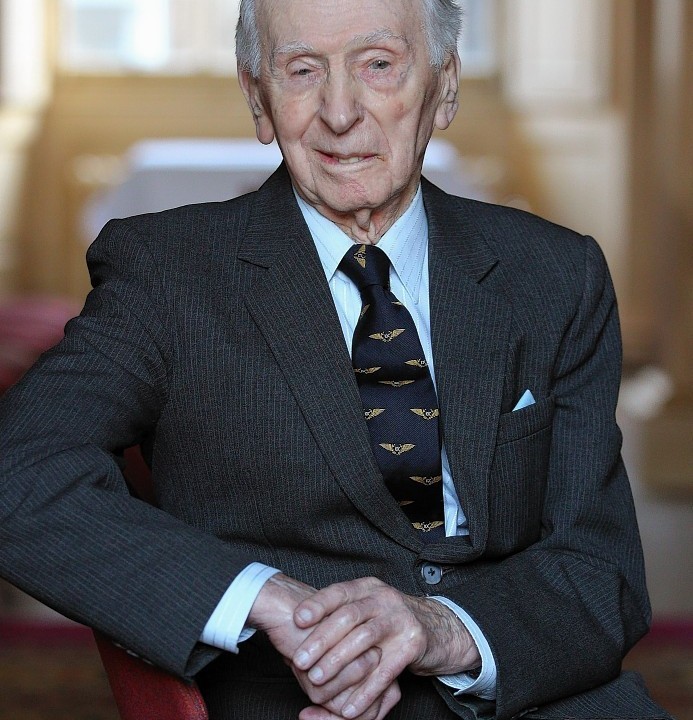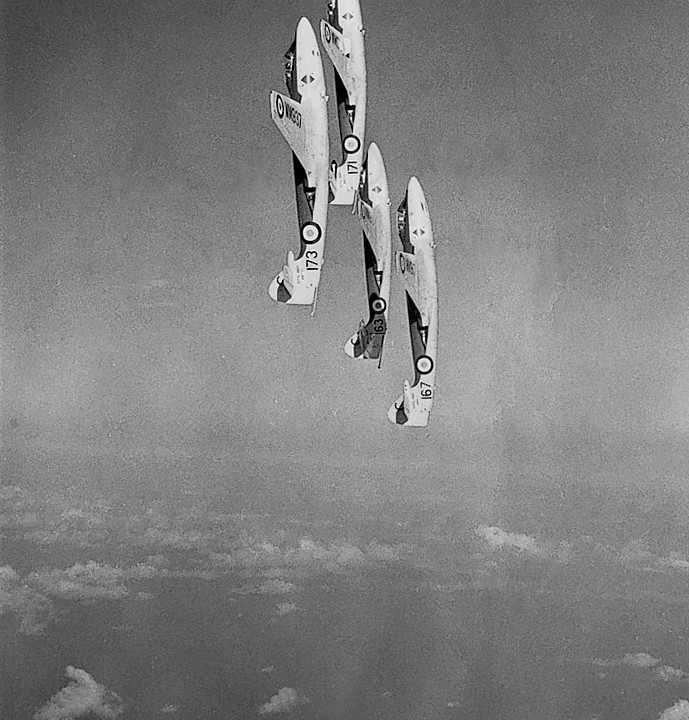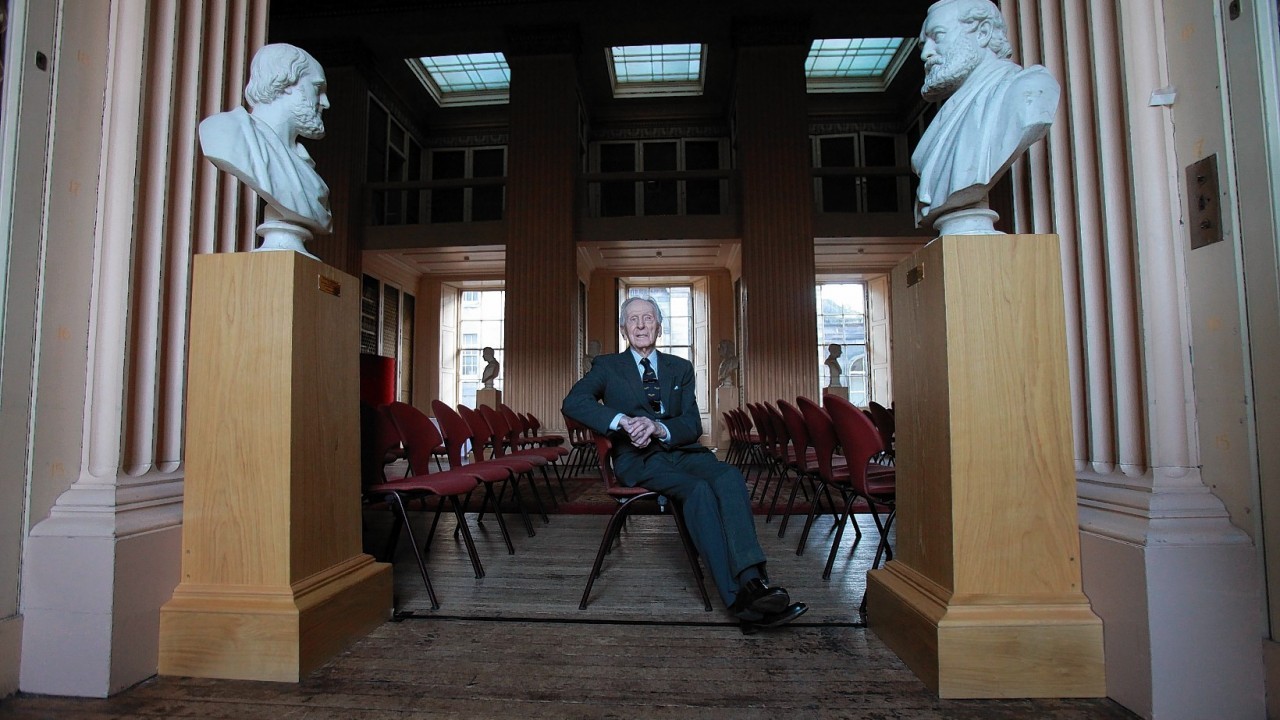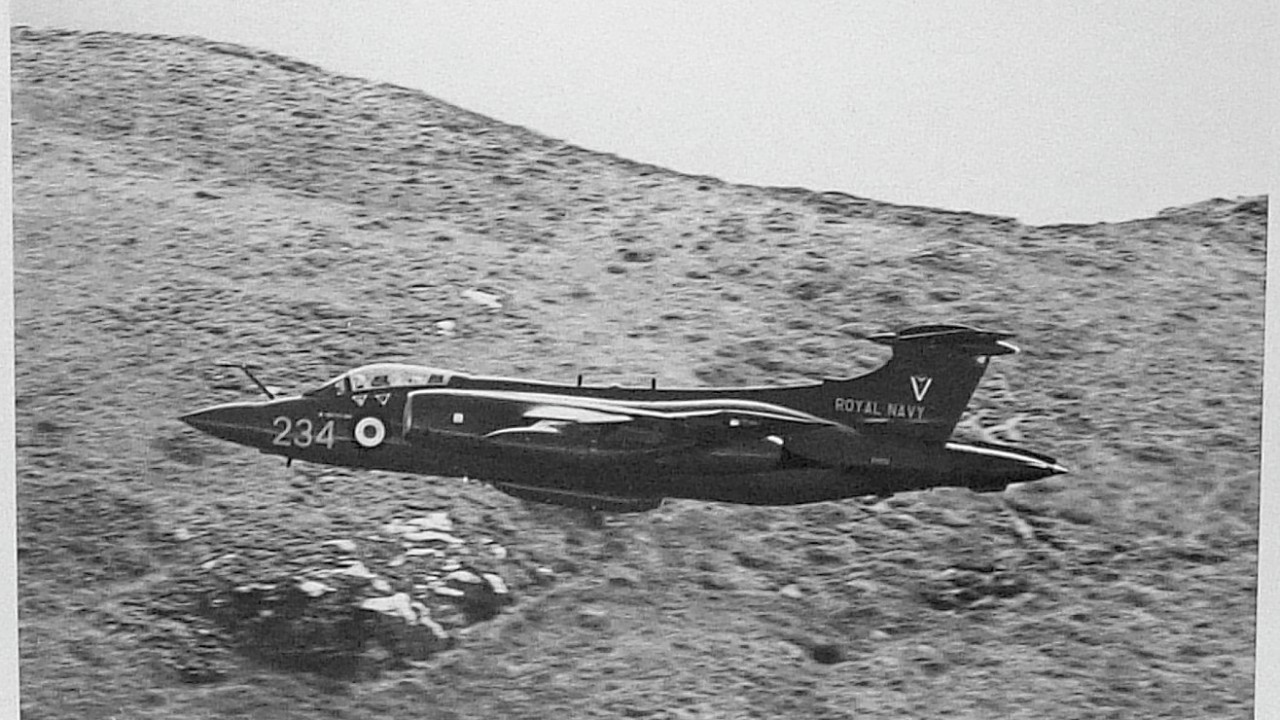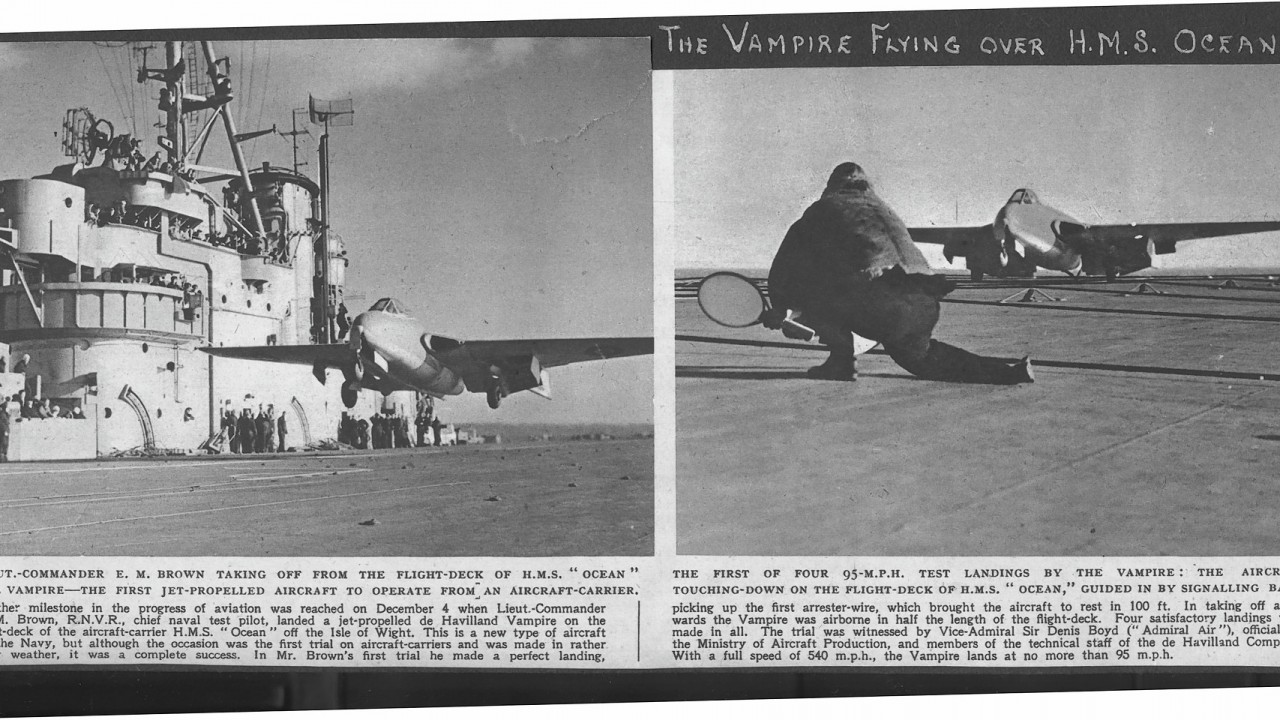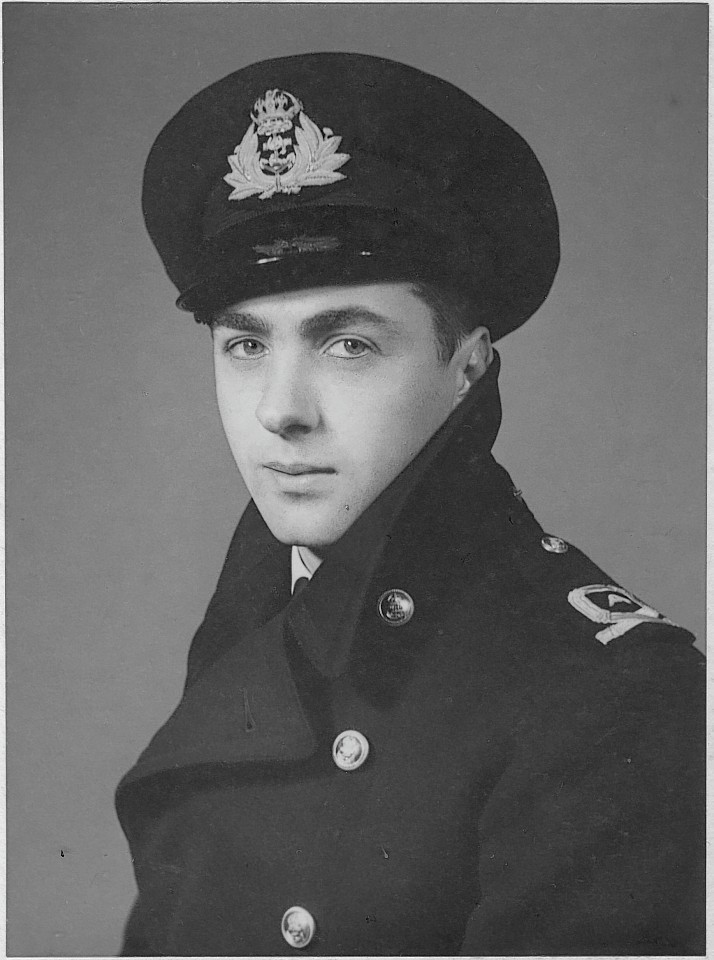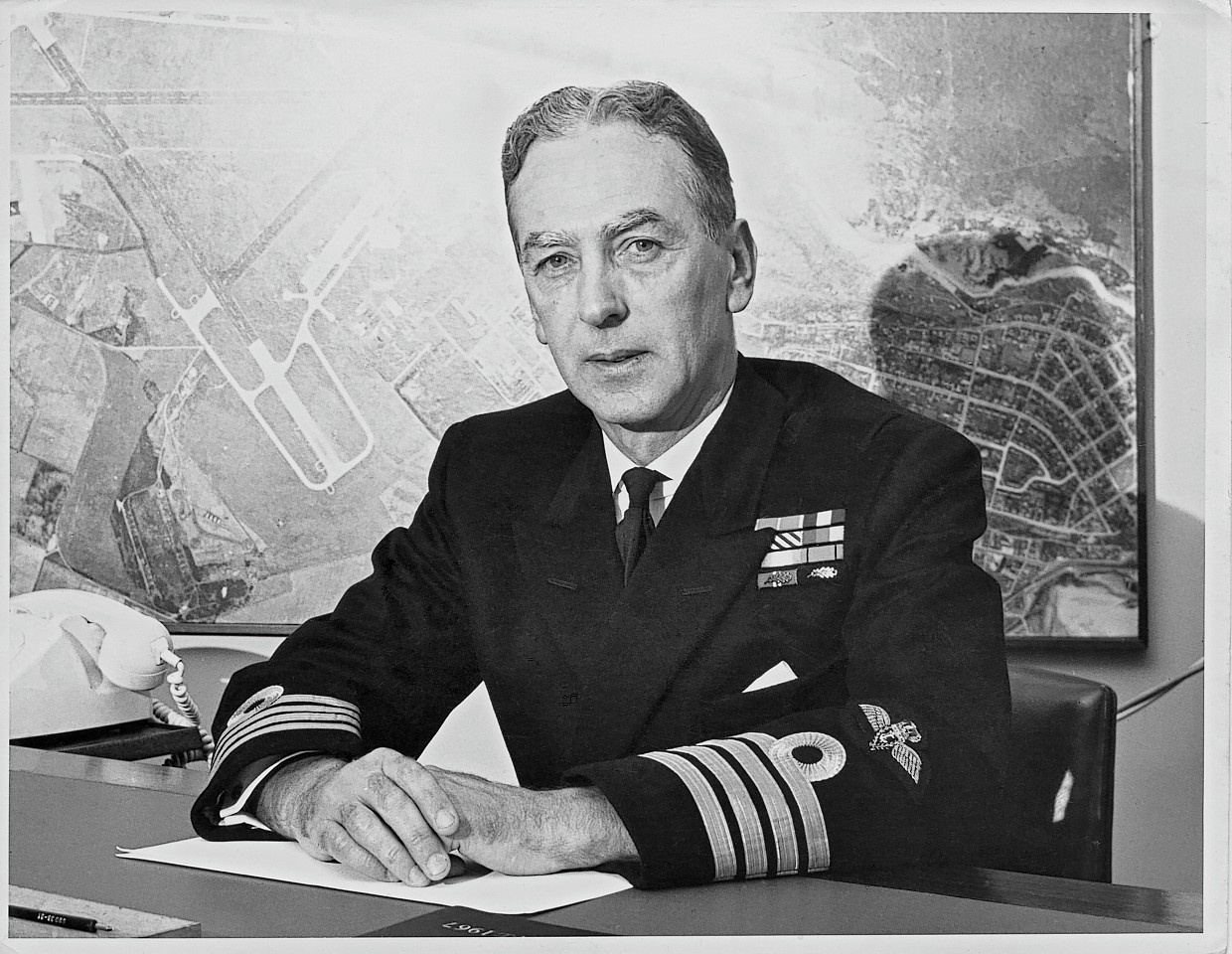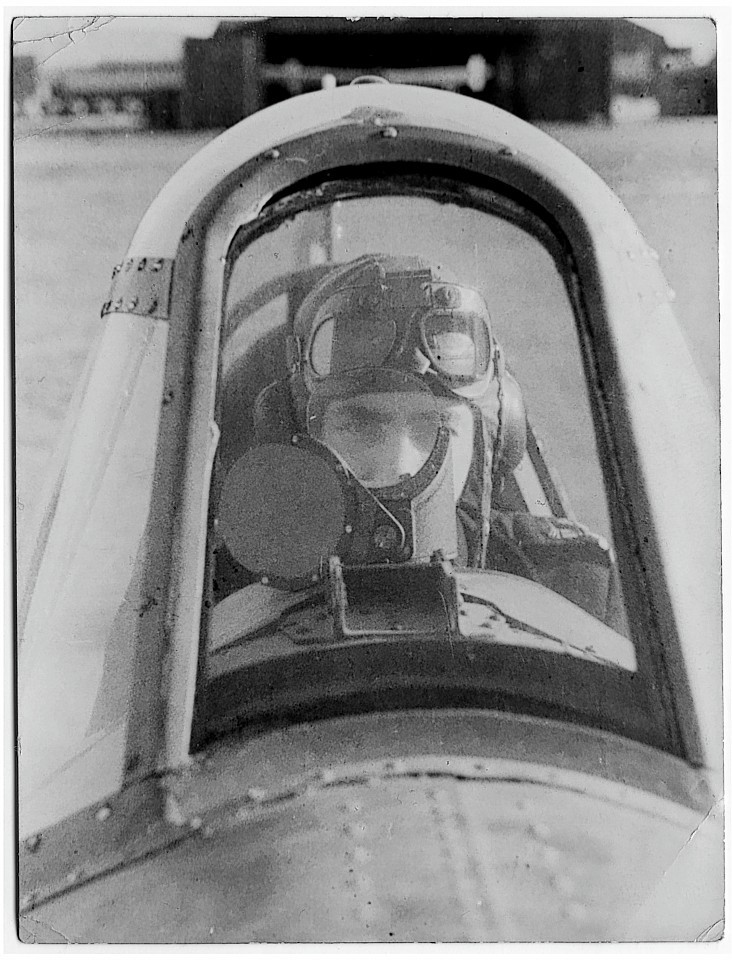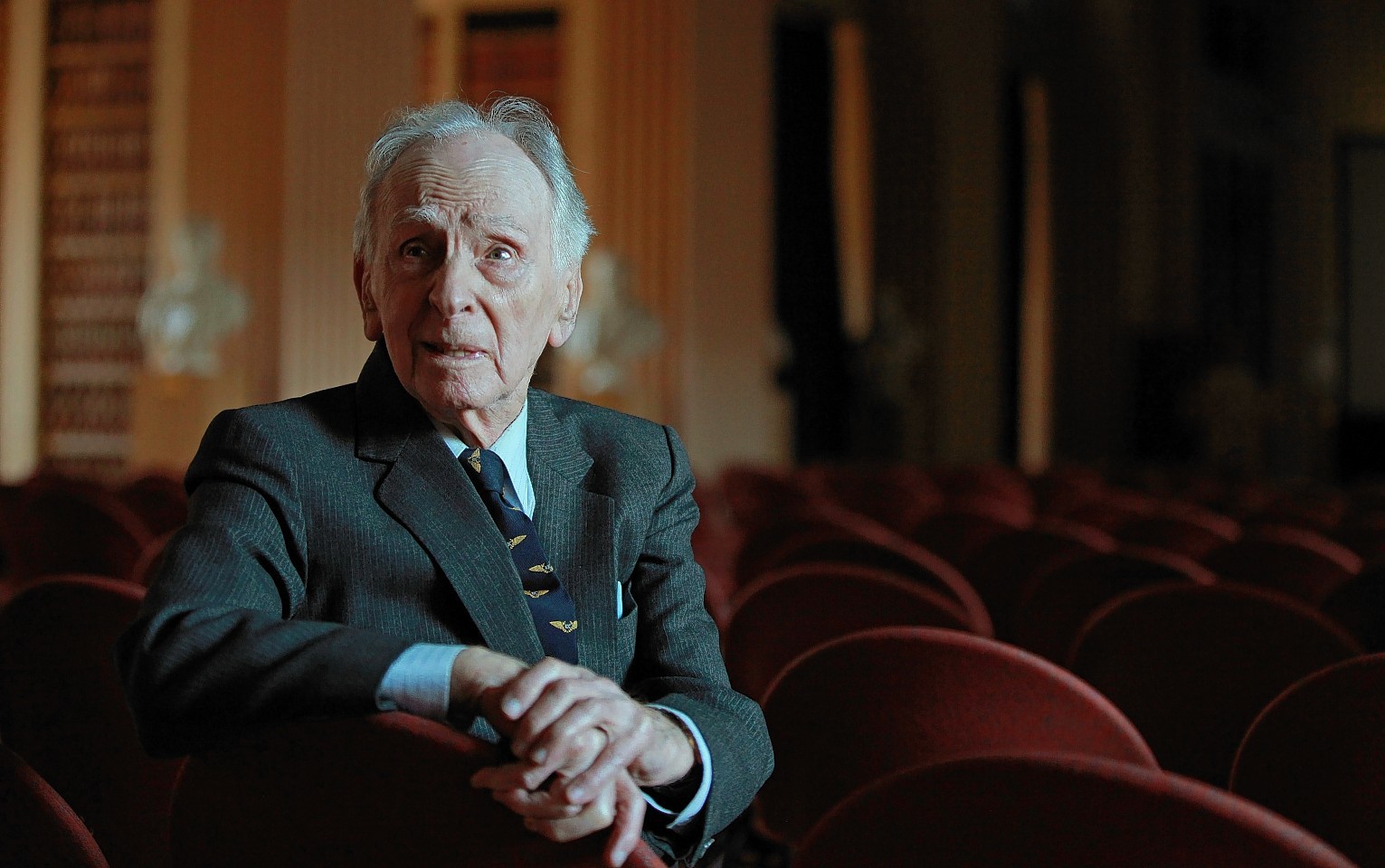The world’s greatest test pilot today warned Britain may be entering a cold war and Vladimir Putin is playing a “very dangerous game of chess”.
Captain Eric ‘Winkle’ Brown, 96, claimed that now is not the time to cut back on British defences and the UK should stand up to Russia.
His comments came days after RAF jets were scrambled when two Russian long-range bombers were spotted off the Cornwall coast.
The veteran of the Royal Navy Fleet Air Arm holds the world record for flying the greatest number of different aircraft and also piloted Britain’s first supersonic flight.
He was also one of only two men to survive an attack on HMS Audacity, which was torpedoed by a German U-boat in December 1941.
And he also helped interrogate top Nazi Hermann Goering.
But today Brown delivered this year’s University of Edinburgh Mountbatten Lecture, ‘entitled Britain’s Defence in the Near Future’.
Speaking at the Playfair Library in his home city of Edinburgh, he said: “They [the Russians] are playing a very dangerous game of chess.
“So far, I’m not sure they have actually violated British airspace, they have only stayed on the outside of it. As long as they do that it is perfectly legal.
“We should still go up and pursue them to let them know we are playing the same game of chess.
“They are playing it to the hilt. It may develop into that. It is certainly showing the same signs as what caused the Cold War.
“It’s a game of chess I think. This is where we are going to have to rely heavily on intelligence. Basically intelligence is your secret weapon, always.
“I rate this country’s intelligence very highly indeed. NATO has been a little neglected of late and we ought to stiffen them up a bit.
“The first thing we do is put economic pressure on him [Putin]. Economic pressure will be our first weapon. It could be a very damaging weapon indeed.
“The reasons we are cutting back is that we got involved in wars we should have never got involved in. That would be Iraq, Afghanistan, we should never have been in there.
“We have got to encourage the young to join the forces. If the population is not behind you, it’s all in vain.
“Deep down I believe Putin will push us to the limit. He won’t overstep the mark, I don’t think, because he has got a lot to lose too.
“I really can’t see another World War II occurring. People have learned their lesson. The Russian’s lost 25 million people. They are not going to get into that sort of thing.”
Previous speakers include astronaut Neil Armstrong, broadcaster Kate Adie, former defence secretary Sir Malcolm Rifkind, and Nato Secretary General Lord Robertson.
Brown, who is the Royal Navy Fleet Air Arm’s most decorated aviator, was chosen to give the Mountbatten Lecture after he received an honorary degree from the university seven years ago.
He was a languages student at the institution, and was on an exchange course in Germany when the Gestapo arrested him in 1939.
He subsequently joined the Royal Navy Volunteer Reserve and became the first person to land a jet on an aircraft.
Brown’s aptitude for flight deck landings – acknowledged as one of the most difficult maneuvers a pilot can make – led him to test aircraft carriers before they were brought into service.
He has tested 487 aircrafts, including experimental Nazi jets, and for more than 65 years has held the world record for most flight deck landings.
Brown is one of the few pilots to receive the Distinguished Service Cross and the Air Force Cross for acts of courage throughout his career, as well as his numerous campaign medals.first flew when he was eight years old when he was taken up in a Gloster Gauntlet by his father.
Brown received the affectionate nickname “Winkle” from his Royal Navy colleagues.
It is short for “Periwinkle”, a small mollusc, and was given to him because of his short stature of 5 ft 7in.
He partly attributed his survival, through a number of incidents, to his small stature and his ability to “curl himself up in the cockpit”.
Each year, an expert on defence-related matters is invited to speak to staff, students and the wider public as part of the Mountbatten Lecture.
